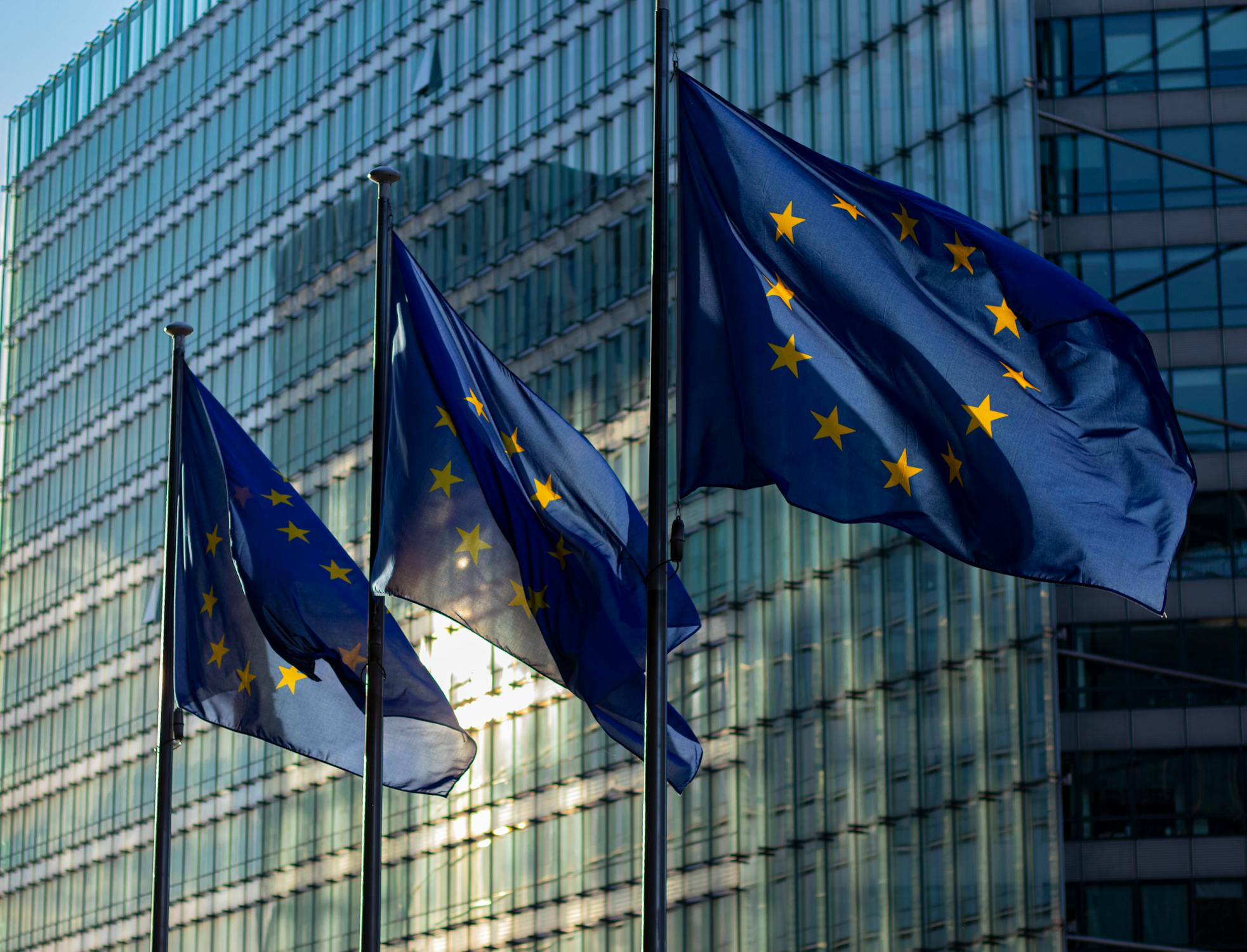Corporate sustainability claims are set to face increased scrutiny following a public consultation conducted by a US regulator on its 11-year-old anti-greenwashing guidelines. Feedback on the current version of the "green guides" from the US Federal Trade Commission (FTC), which aim to regulate environmental marketing claims, has revealed divergent perspectives on defining and enforcing greenwashing infractions.
During the consultation, consumer advocacy groups advocated for stricter enforcement of financial products. Americans for Financial Reform, a left-leaning coalition of consumer, labor, and community groups, recommended that the FTC include terms like "Paris-aligned" concerning financial institutions' utilization of "net zero" and other commitments related to transitioning away from fossil fuels.
AFR emphasized the need for fair and accurate marketing and disclosure around financial products and services in light of the explosive growth of the ESG investment space. However, some companies are concerned about increased regulation and enforcement that could expose them to potential substantial civil penalties, according to Jon Direnfeld, a partner at the law firm Orrick.

Global Regulators Intensify Greenwashing Combat
Nestlé, a Switzerland-based food group, supports the FTC's green guides but opposes incorporating these policies into the agency's enforcement rules for environmental claims. Nestlé believes it is critical for the FTC to maintain flexible and nimble green guides, advocating for more frequent updates to align with evolving technology and business practices. The FTC has already demonstrated a more proactive approach in pursuing cases of greenwashing, as exemplified by its settlements with Walmart and Kohl's for falsely marketing rayon textile products as bamboo, resulting in substantial penalties.
The FTC's decision to consult on its green guides coincides with global regulators' increasing efforts to combat greenwashing. Last year, the European Commission proposed rules to address greenwashing in the rapidly growing bond market. Additionally, the UK Advertising Standards Authority banned HSBC's advertisements for misleading statements regarding the bank's green credentials, marking the first time a bank faced ad restrictions due to greenwashing.
The US Securities and Exchange Commission (SEC) is also developing separate rules to eradicate greenwashing in the financial sector, particularly focusing on regulating the names of financial products, especially investment funds with sustainable themes. Financial companies have expressed support for the SEC's efforts while seeking certain modifications.

SEC Chair Emphasizes Transparency for "Green" Funds
SEC Chair Gary Gensler emphasized the need for greater transparency in evaluating the authenticity of "green" or "sustainable" funds, drawing a comparison with the ease of determining if milk is fat-free based on nutrition labels. As part of its greenwashing enforcement, the SEC settled charges with BNY Mellon and Goldman Sachs for allegedly making misleading environmental, social, and governance claims, resulting in significant financial penalties.
Stacy Kray, co-head of Orrick's environmental practice, highlights the continued importance consumers and markets place on corporate sustainability and climate change policies. However, she also acknowledges the risks faced by companies, including anti-ESG enforcement and legislative efforts led by Republican politicians in the US. On March, 21st Republican state attorneys-general challenged ESG-minded asset managers regarding the impact of their commitments to net-zero carbon emission targets.
Amid the regulatory and political tensions, Kray believes companies will need to allocate more time and resources to scrutinize their own green claims before making them public. She clarifies that this increased scrutiny does not imply companies will abandon their green initiatives, but rather emphasizes the need for rigorous governance controls and procedures to effectively manage and verify sustainability claims.
Apparel Companies that Enforce ESG Legislation
VF Corporation: VF Corporation is a global apparel and footwear company that owns brands such as The North Face, Timberland, and Vans. The company has set ambitious sustainability goals, including targets for reducing emissions, increasing the use of sustainable materials, and improving labor conditions in its supply chain.
PUMA: PUMA is a sportswear brand that has made significant strides in incorporating sustainability into its business practices. The company has introduced initiatives like the PUMA Safe Chemical Management System and the PUMA Environmental Profit and Loss Account to promote transparency and reduce its environmental impact.
Nudie Jeans: Nudie Jeans is a Swedish denim brand that focuses on sustainable denim production. The company promotes transparency in its supply chain, uses organic cotton, and offers free repairs for its jeans to extend their lifespan.
Outerknown: Outerknown is a clothing brand founded by professional surfer Kelly Slater, with a strong commitment to sustainability and ethical practices. The company uses organic, recycled, and regenerated materials, pays fair wages to workers, and emphasizes transparency in its supply chain.
prAna: prAna is a yoga and outdoor apparel brand that integrates sustainability into its products and operations. The company uses organic cotton, recycled materials, and environmentally friendly production processes, while also supporting fair trade practices.